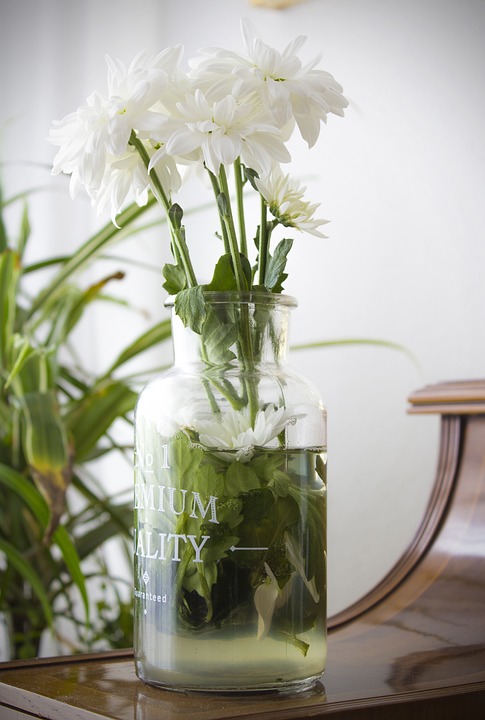Olive trees are one of the oldest cultivated plants in the world, with a history dating back thousands of years. The ancient wisdom of these trees has been revered by many cultures for their longevity, resilience, and the numerous benefits they provide. One of the most intriguing aspects of olive trees is their remarkable lifespan, with some trees believed to have lived for over 2,000 years.
The question of how long olive trees can really live is a topic of much debate among botanists and historians. While it is difficult to accurately determine the age of a tree, there have been several instances where olive trees have been dated to be over a millennium old. One famous example is the “Olive Tree of Vouves” in Crete, believed to be over 3,000 years old and still producing olives to this day.
The longevity of olive trees can be attributed to several factors, including their ability to adapt to harsh environmental conditions, their slow growth rate, and their ability to regenerate from damage. Olive trees have a deep root system that allows them to withstand drought and high temperatures, making them well-suited for arid climates. Additionally, their ability to produce new shoots from old wood enables them to recover from injuries such as frost damage or pruning.
In addition to their longevity, olive trees have been revered for their spiritual significance and symbolism in many cultures. In ancient Greece, olive trees were considered sacred to the goddess Athena and were a symbol of peace, wisdom, and prosperity. In the Bible, olive trees were seen as a symbol of abundance and blessing, with references to olive oil being used for anointing and healing.
Today, olive trees continue to be valued for their culinary, medicinal, and cosmetic benefits. Olive oil, produced from the fruit of the tree, is a staple ingredient in Mediterranean cuisine and is praised for its numerous health benefits. Olive leaves are also used in traditional medicine for their antioxidant and anti-inflammatory properties, while olive oil is a popular ingredient in skincare products for its moisturizing and nourishing properties.
As we continue to discover the ancient wisdom of olive trees, it is important to protect and preserve these precious trees for future generations. By understanding and appreciating the longevity and resilience of olive trees, we can learn valuable lessons about sustainability, adaptability, and the importance of preserving our natural environment. So, next time you see an olive tree, take a moment to marvel at its ancient wisdom and all it has to offer.

